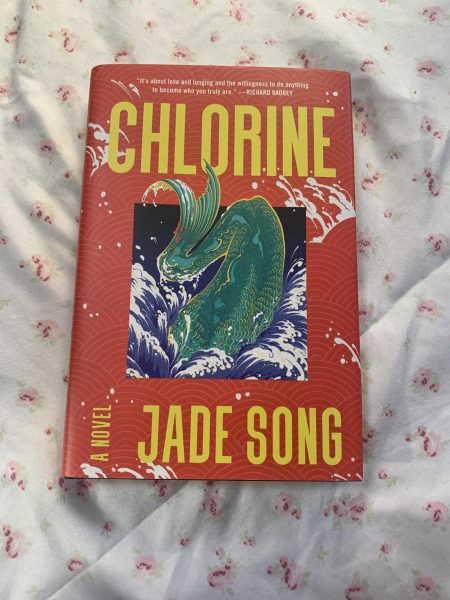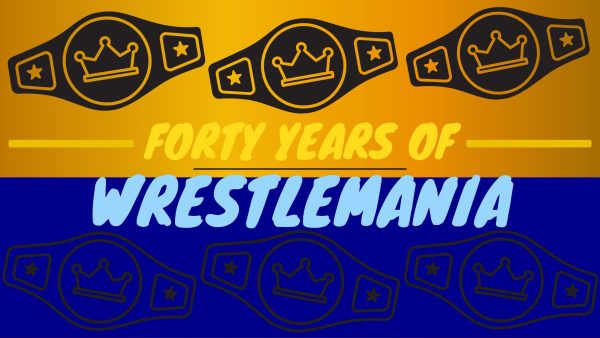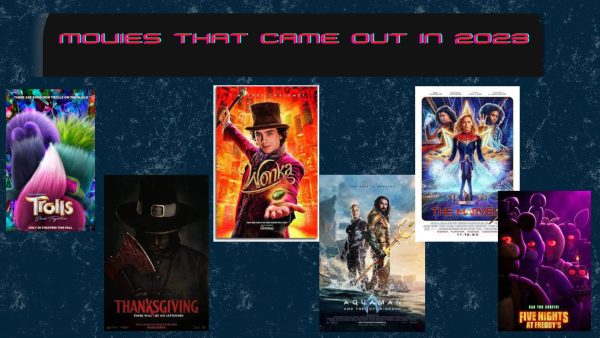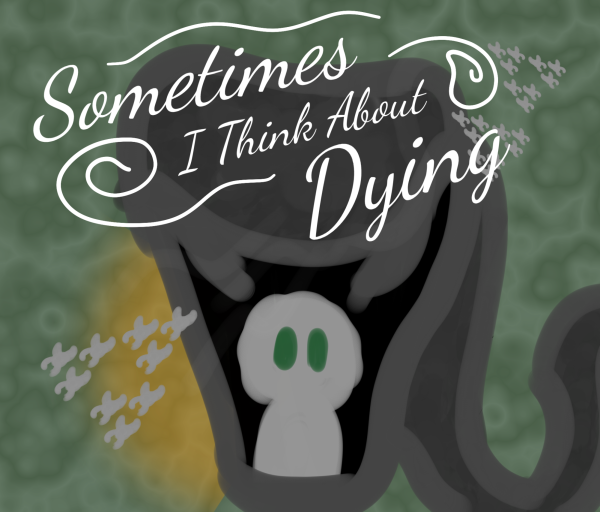Scythe is a powerful book for just about anybody
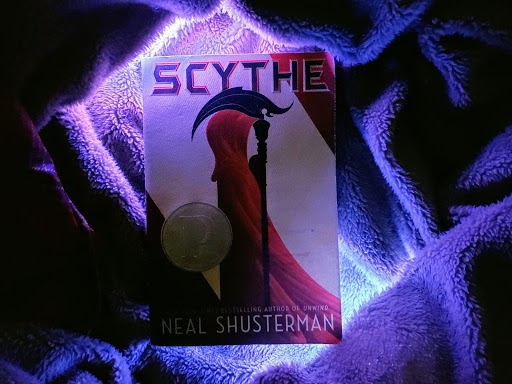
A copy of Scythe enjoys a luxurious existence upon a fluffy blanket, surrounded by lights.
One of the best books I’ve ever read is Scythe, by Neal Shusterman—high praise, given that I’ve read countless books. I picked up Scythe a few months ago at a friend’s recommendation and will forever be glad I did. Scythe and its sequels are phenomenal.
Scythe is a dystopian novel set in a future version of Earth where humanity has conquered death. The world is perfect: no war, poverty, homelessness, disease, or worries because the world is run by a just and benevolent supercomputer named the Thunderhead. But there is one problem in this world. If no one dies, the population will exceed Earth’s capacity. So, it’s up to humanity to keep the population down as the Thunderhead is unwilling to dole out death.
Humanity creates scythes: people trained to “glean” others from the world any way they see fit. In come the two main characters, Citra, and Rowan, who are both training to be Scythes under Honorable Scythe Faraday when there’s only one spot open.
Shusterman’s world was fascinating and developed. Everything makes sense and seems like it could happen if given a chance. People in this society can die and be brought back to life. They can go wherever they want and not have to fear anything because the world is perfect. Perceptions on how to live life are altered, families are large, divorce is common, the concept of eternal death is distant. Shusterman uses his world to bring about questions of life, death, family, and culture in a way that makes you question everything about the world we live in.
Another fantastic element of Shusterman’s story is the way people view good and evil. While there are villains in the story, they don’t align with being evil. They do bad things, but they view themselves as humanity’s saving graces. Even better, they don’t have tragic backstories. Their “problem” is that they have different perspectives than the protagonists, giving Shusterman the ability to explore their opinions.
There was only one glaring issue I found with Scythe: the romance was lackluster. The singular romance in this book threw me for a loop when I first read the book because I didn’t realize it was supposed to be a romance until it was plainly stated, and even then I wasn’t sure. There was little build-up and little pay-off. Towards the end, the two characters feel strong attachments to one another, but you’re left wondering how it got to that point.
Bad romance aside, Scythe was a great read and is one of my favorite books. The storyline was invigorating, the characters enjoyable— for once, the protagonists weren’t idiots—and the plot twists were executed brilliantly. I’d recommend Scythe and its sequels to anyone willing to pick up a book.

Melody is a senior at Beaverton High School who edits and writes opinion pieces about the school. She also enjoys both watching and performing in theater...
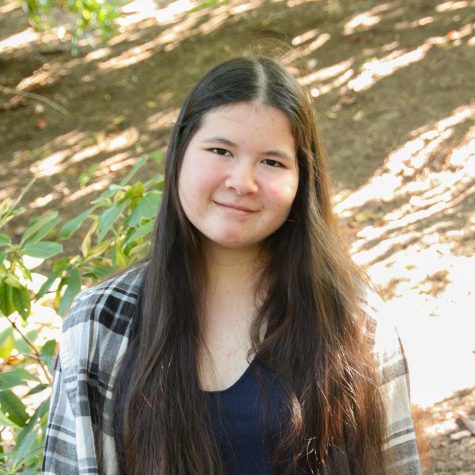
Anouk is a senior who writes and edits articles, takes the occasional photo, and helps everything run in the background.

!["About The Weather" was released in 2023 as the first album by Portland emo band, Mauve. [About The Weather Album Cover]](https://beavertonhummer.com/wp-content/uploads/2024/05/AboutTheWeather.jpg)
